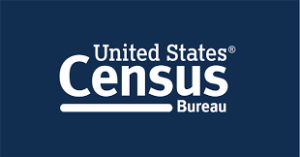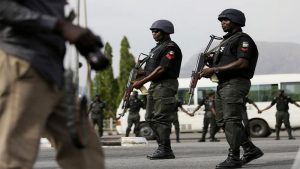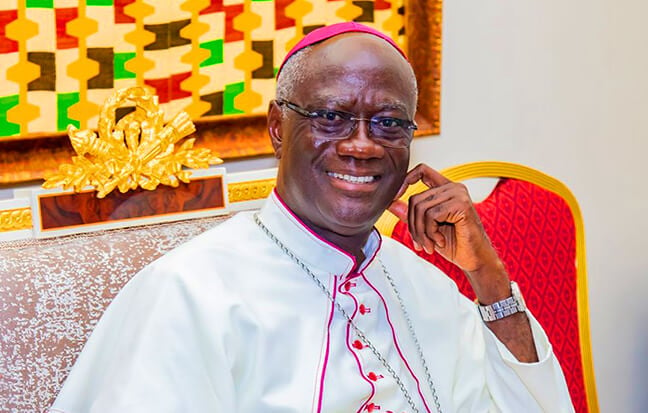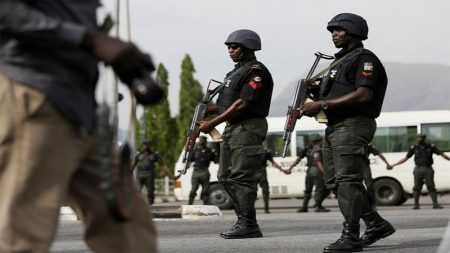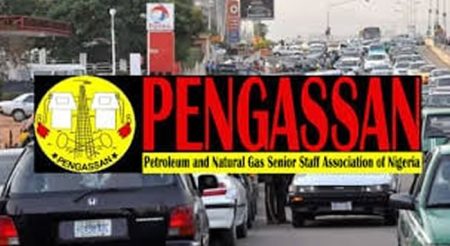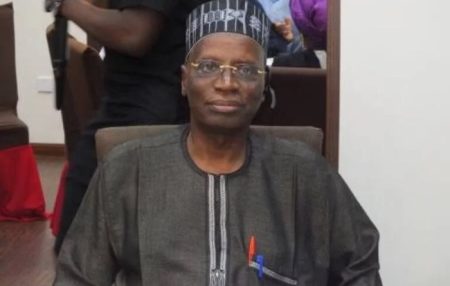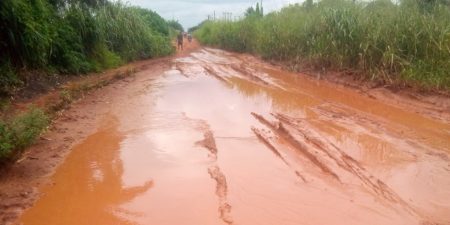The Catholic Archbishop of Accra, Most Reverend John Bonaventure Kwofie, has issued a fervent plea to President John Mahama to leverage his executive powers to eradicate the pervasive menace of illegal mining, commonly known as “galamsey,” in Ghana. He characterized galamsey as a “devilish business” that wreaks havoc on human lives, agricultural lands, and water bodies throughout the nation. This urgent call to action was delivered during a homily at the Christ the King Parish in Accra, during a Eucharistic celebration commemorating the Feast of the Assumption of Mary. Archbishop Kwofie underscored the alarming rise in fatalities linked to galamsey, emphasizing the need for swift and decisive intervention from the highest levels of government.
Archbishop Kwofie’s appeal resonates with a long history of the Catholic Church’s opposition to illegal mining. He recalled the Ghana Catholic Bishops’ Conference’s sustained campaign against galamsey dating back to the 1980s, involving peaceful demonstrations and public advocacy initiatives. Despite these persistent efforts, the Archbishop lamented the seeming indifference to their concerns, as galamsey continues to flourish, leaving a trail of devastating consequences in its wake. This continued destruction underscores the urgent need for a more effective approach to combatting illegal mining and addressing the underlying issues that drive its persistence.
The Archbishop acknowledged the potential of responsible mining to contribute positively to national development. However, he stressed the unsustainable nature of the current scale of illegal mining operations, posing a grave threat to the well-being of future generations. He implored President Mahama to take decisive action, emphasizing the tragic loss of life and the imperative to put an end to this destructive practice once and for all. This plea highlights the moral responsibility of the government to protect its citizens and safeguard the environment for the benefit of all.
Galamsey operations have been widely condemned for their devastating impact on Ghana’s vital water resources. Major rivers such as the Pra, Ankobra, and Offin, which serve as essential sources of drinking water for millions of Ghanaians, have been severely polluted by illegal mining activities. The contamination of these rivers poses a significant threat to public health and undermines the long-term sustainability of water resources in affected regions. Moreover, farmers in several areas have reported substantial losses of farmland due to irresponsible mining practices, impacting food security and livelihoods.
Despite numerous government-led initiatives aimed at curbing galamsey, including the deployment of the military-led Operation Vanguard, the problem persists. These campaigns, involving arrests and equipment seizures, have yielded limited results, highlighting the complex challenges in eradicating illegal mining. The enduring nature of galamsey underscores the need for a more comprehensive and multifaceted approach that addresses the root causes of the problem, including poverty, unemployment, and weak governance structures.
The Church’s appeal adds to the growing chorus of voices demanding stronger action against galamsey. Civil society groups, traditional authorities, and environmental advocates have all called for stricter law enforcement and the creation of alternative livelihood opportunities for the youth engaged in illegal mining. The recent tragic helicopter crash that claimed the lives of eight individuals, including senior government officials and military personnel on an anti-galamsey mission, further emphasizes the urgency and complexity of the situation. This unfortunate incident underscores the risks associated with combating illegal mining and highlights the need for a well-coordinated and comprehensive strategy to address this persistent challenge.



